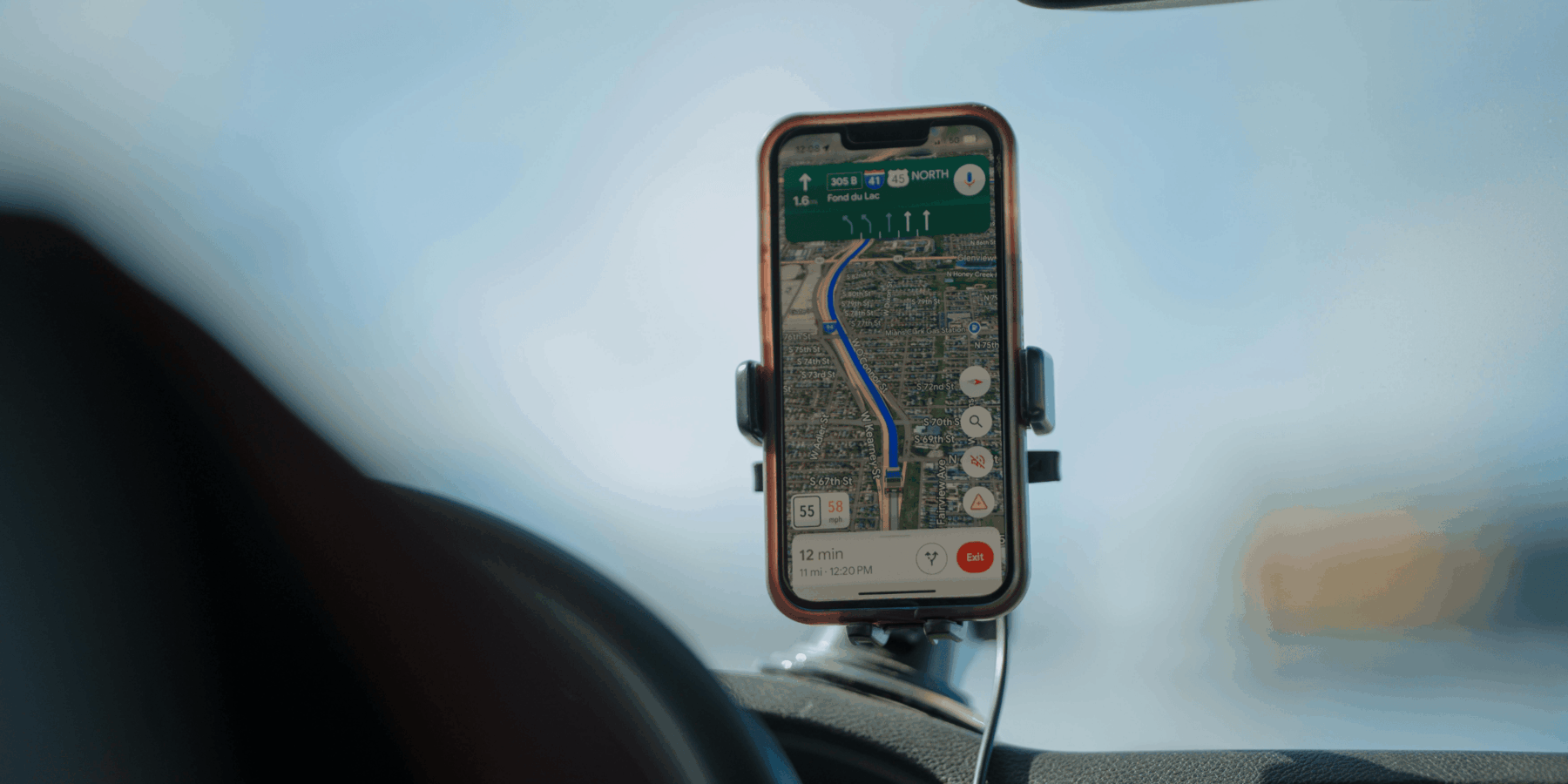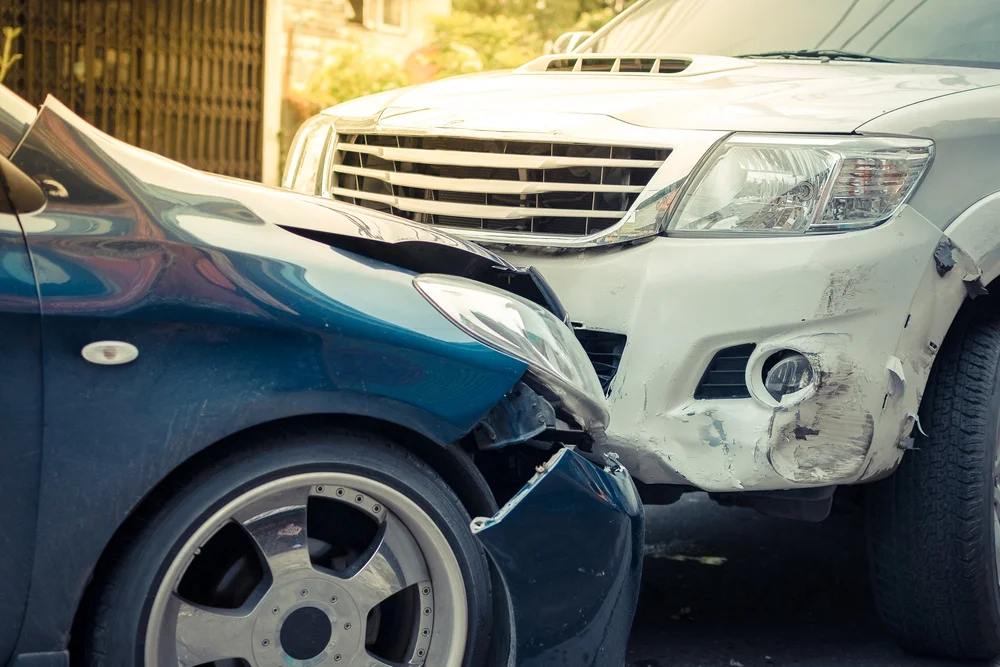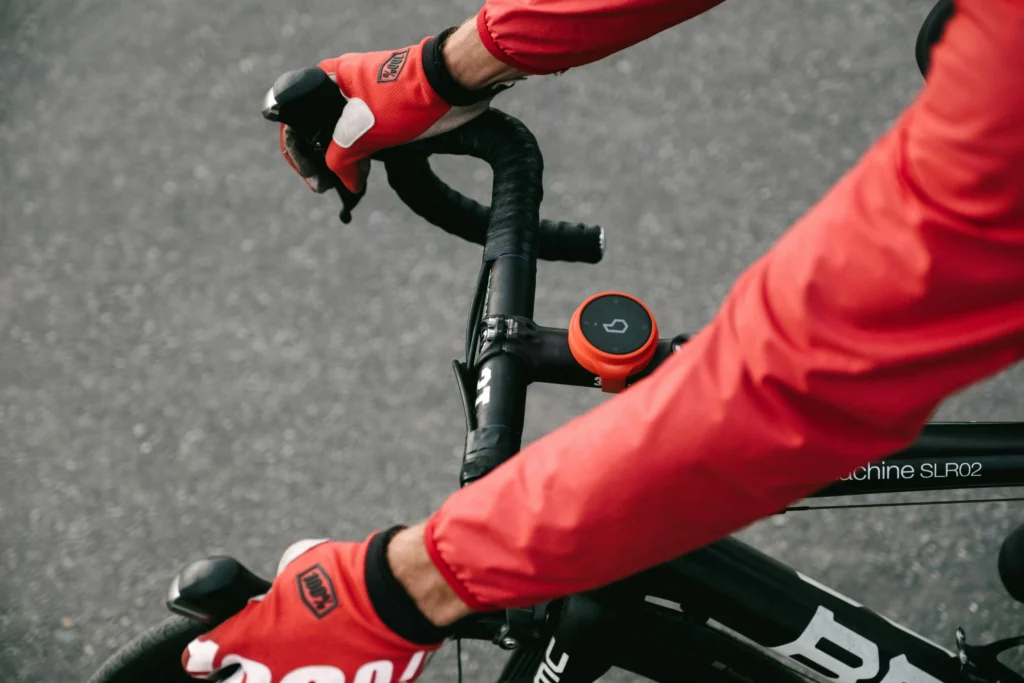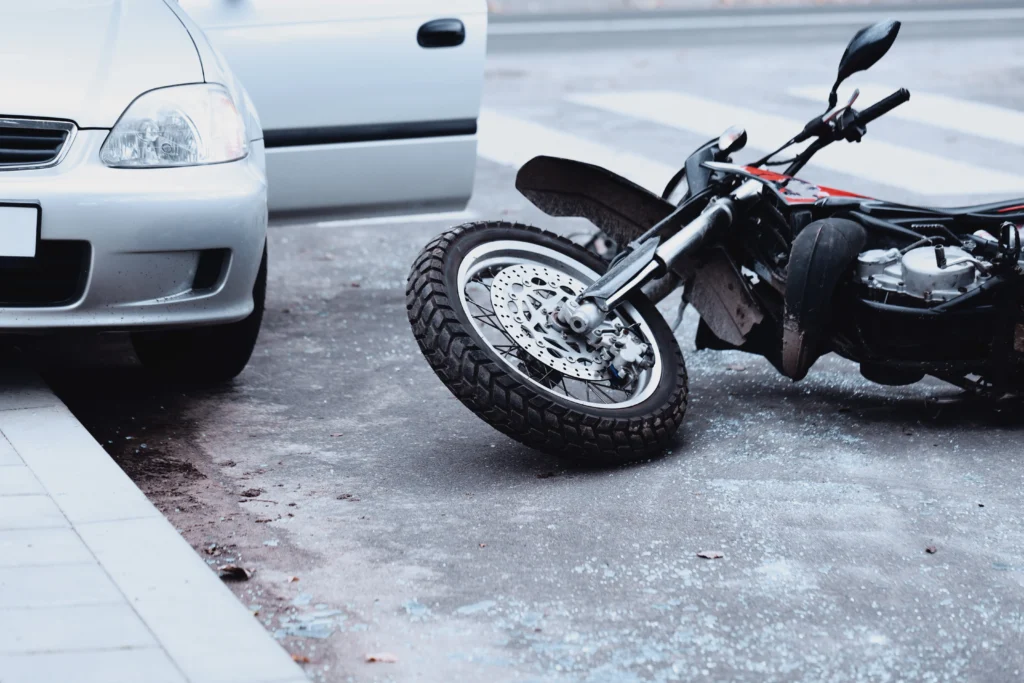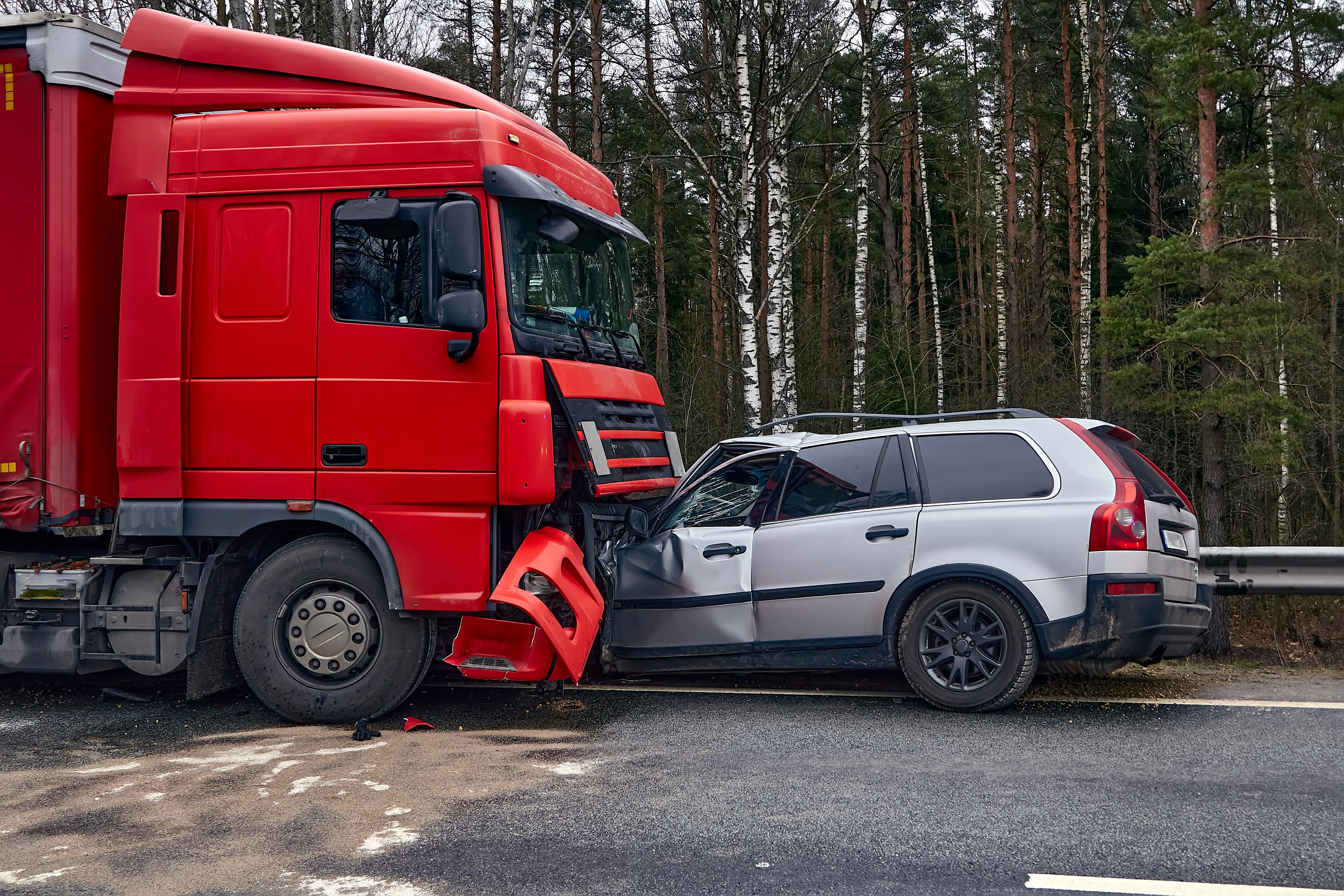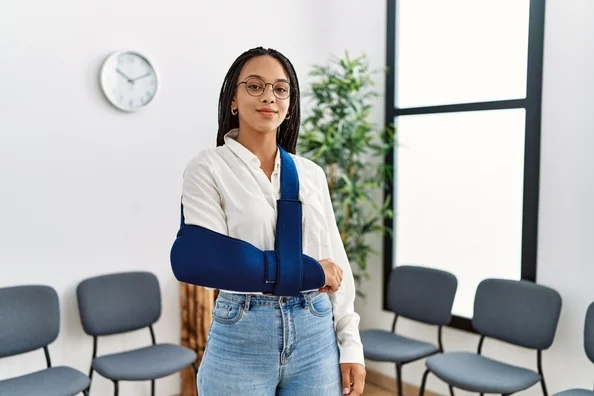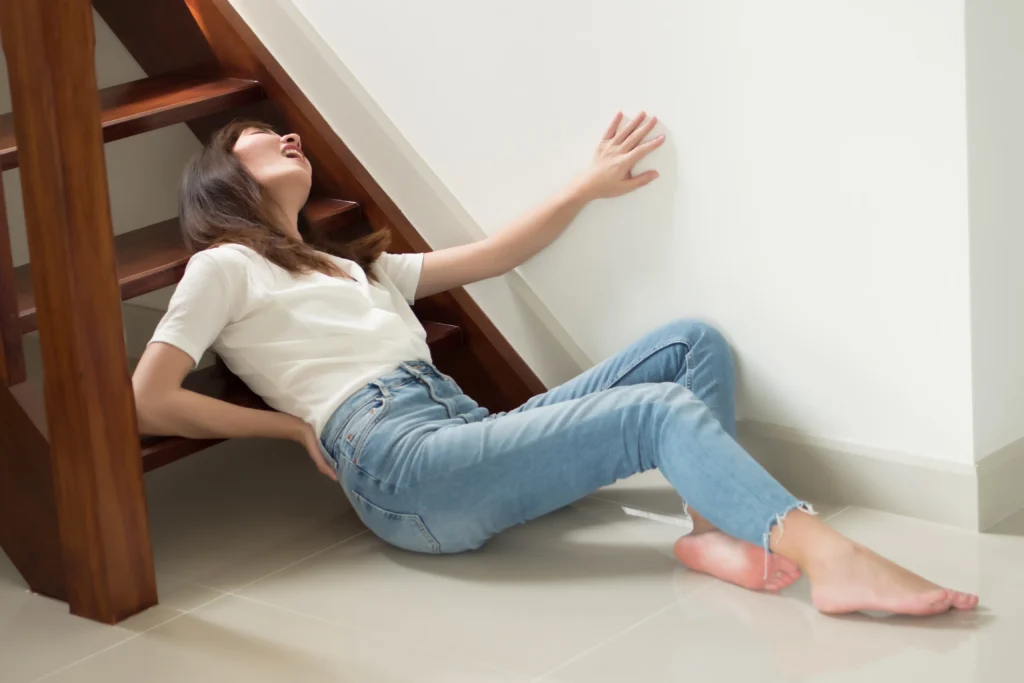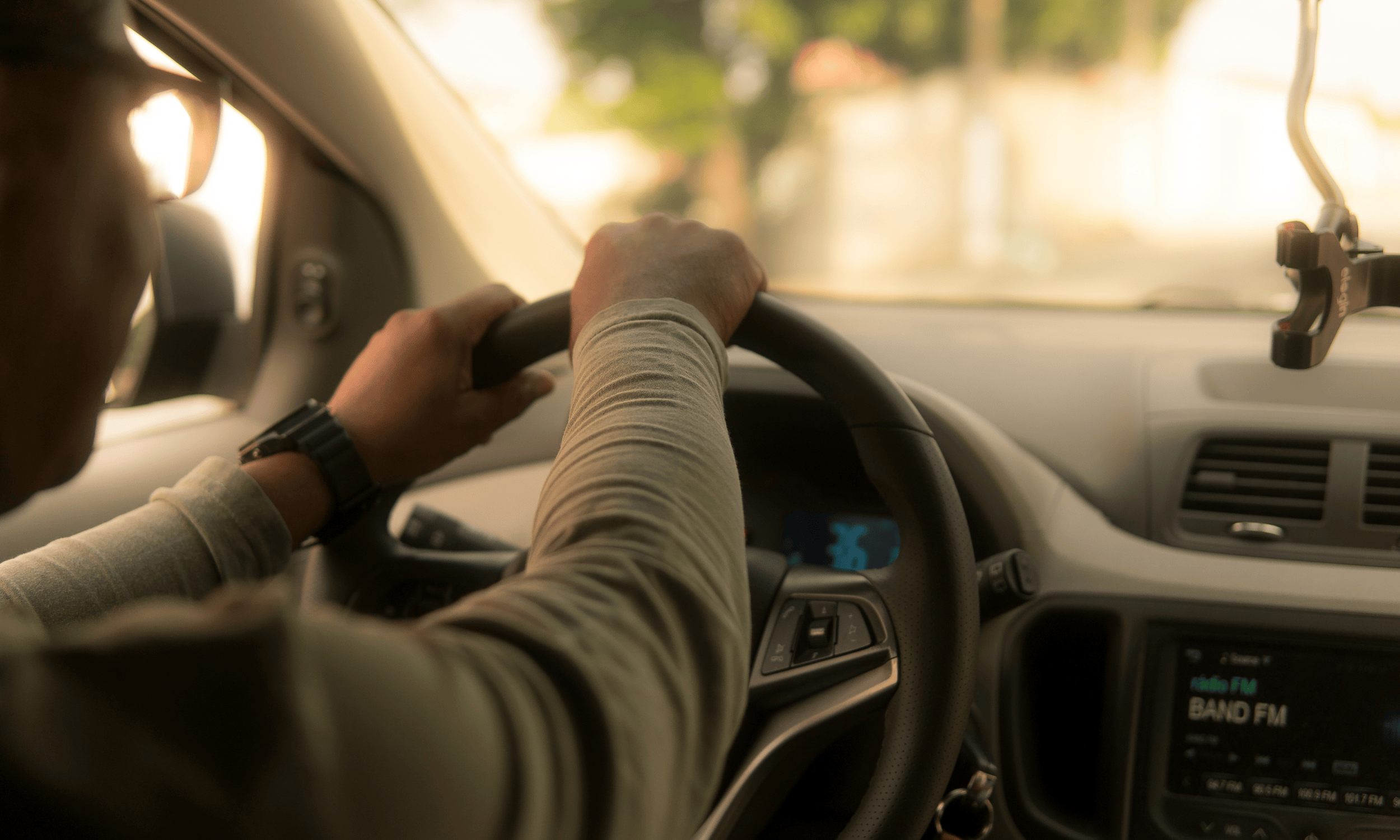Chino Rideshare Accident Attorneys and Legal Team is Ready to Help
A Chino ride-sharing accident can spin your life around in a second. Regardless of whether you were the passenger in an Uber or Lyft, a walker outside The Shoppes at Chino Hills, or struck at an intersection such as Central Avenue, the damage is instant and permanent. The victims must contend with rising medical bills, lost income, and recalcitrant insurance companies, all while trying to recover physically and emotionally.
At The Law Offices of Larry H. Parker, we know the stakes. With over 100,000 clients represented and over $2.2 billion in verdicts and settlements, we move quickly and intelligently to make reckless ride-sharing drivers and corporations pay. We move quickly to protect essential evidence, develop your case, and demand maximum recovery.
Recent studies show that ride-sharing accidents are becoming a more common phenomenon in communities like Chino. A report by the National Library of Medicine explains how the spread of app-based services has contributed to the rise in accidents in suburban areas.
From collisions near Chino High School to collisions on State Route 71, we know the flow of traffic, the conditions of the roads, and the legal matters specific to this region. If you have been injured in an Uber or Lyft collision in Chino, contact our lawyers today. We are ready to protect your rights and show you the way.
Why Rideshare Accidents Happen on Chino’s Roads and Freeways
Rideshare accidents in Chino often occur where rapid growth, dense traffic, and mobile technology intersect. Local streets like Central Avenue, Edison Avenue, and Riverside Drive are frequently used by Uber and Lyft drivers, many of whom are under pressure to accept, navigate, and complete rides as quickly as possible. The result is a troubling trend of collisions involving pedestrians, bicyclists, passengers, and unsuspecting motorists.
The California Office of Traffic Safety tracks collision data across cities like Chino and consistently ranks similar suburban communities as having high rates of injury-causing crashes. With the addition of app-based ride platforms, these risks have only increased. Unlike traditional taxis, rideshare drivers operate their own vehicles and frequently navigate unfamiliar roads while juggling multiple distractions.
Below, we break down the most frequent causes of rideshare collisions in Chino and explain how each one impacts your case.
Drivers Distracted by GPS Navigation and Ride App Interfaces
Uber and Lyft drivers rely on smartphones to manage routes, locate passengers, and receive trip updates. These drivers are often looking at maps, tapping their screens, and responding to messages while actively moving through traffic. In Chino, this kind of distraction is especially dangerous near the entrances and exits of The Shoppes at Chino Hills and during rush hour on surface streets like Pipeline Avenue and Philadelphia Street.
According to a peer-reviewed study from ScienceDirect, rideshare drivers who interact with mobile devices while driving are significantly more likely to be involved in crashes. Even brief glances away from the road have been shown to delay reaction times and increase the odds of rear-end collisions, failure to yield incidents, and wrong-way turns.
This type of distracted driving is not only negligent but also legally significant. Our attorneys know how to request app usage logs and secure digital evidence that proves the driver was actively using their device when the crash occurred.
Fatigued Driving Among Drivers Working Long Shifts Across Chino
Many Uber and Lyft drivers work extended hours in an effort to meet bonus targets or supplement full-time jobs. In Chino, late-night demand peaks near nightlife spots or when travelers are heading to and from Ontario International Airport. That often means rideshare drivers are on the road when they are physically and mentally exhausted.
The Centers for Disease Control and Prevention states that fatigue can impair driving ability just as much as alcohol. Fatigued drivers have delayed reflexes, poor decision-making skills, and an increased likelihood of falling asleep at the wheel. These symptoms are especially common in rideshare drivers who accept rides into the early morning hours.
In many Chino rideshare accident cases, signs of driver fatigue are clear. Our legal team investigates trip history, time logged in on the rideshare app, and even vehicle telematics to show the driver had been operating continuously for an unsafe amount of time.
Speeding in High-Density Commercial and Residential Corridors
To maximize profits, rideshare drivers often race between rides, speed through yellow lights, and take risks to shave seconds off each trip. These aggressive behaviors are particularly dangerous on Chino’s busy thoroughfares such as Ramona Avenue, Mountain Avenue, and the stretches of the 60 and 71 Freeways.
Speeding not only increases the chance of a collision but also amplifies the severity of injuries when accidents happen. The National Highway Traffic Safety Administration reports that speeding-related crashes are far more likely to involve traumatic injuries and fatalities than those that occur at lower speeds.
In Chino, where many roads feature mixed traffic including delivery trucks, cyclists, and pedestrians, speeding by rideshare drivers creates a heightened level of danger. We frequently use speed data from rideshare company records, dashcams, and vehicle black boxes to demonstrate the full scope of reckless behavior.
Illegal or Unsafe Pickups in Traffic Lanes and No-Stopping Zones
One of the most common causes of Lyft and Uber accidents in Chino involves drivers making unsafe stops to pick up or drop off passengers. In front of shopping centers, schools, and business parks, drivers often block crosswalks, bicycle lanes, or even active traffic lanes to save time or stay close to their GPS pin location.
In Chino, these unsafe stops frequently happen at popular pick-up points like Chino Transit Center or residential areas along Euclid Avenue. Our legal team documents improper stopping behavior with video footage, GPS markers, and eyewitness testimony to establish driver negligence.
Confusion Caused by Unfamiliarity With Local Roads
Not all rideshare drivers are familiar with Chino’s unique street layouts, especially when navigating construction zones, school zones, or complex intersections near neighborhoods like College Park or the Preserve at Chino. Inexperienced or out-of-town drivers rely heavily on GPS, which can lead to last-minute lane changes, abrupt turns, or missed exits.
These driving errors increase the likelihood of side-swipes, rear-end impacts, and multi-vehicle collisions. Confused drivers often slow down suddenly, fail to signal, or ignore local traffic signs, all of which endanger nearby vehicles and pedestrians.
Lack of local knowledge is not a defense to negligent driving. In many Chino rideshare accident claims, our firm proves that the driver’s reliance on GPS and lack of familiarity directly contributed to the crash.
Understanding the root cause of your Uber or Lyft crash in Chino is essential to recovering full compensation. Our team investigates each case thoroughly, using location-specific knowledge, access to rideshare data, and legal experience to build compelling injury claims that hold negligent drivers and companies accountable.
Why Chino Rideshare Accidents Require a Unique Legal Strategy
Rideshare accident claims in Chino are not handled like ordinary car accident cases. The involvement of companies like Uber and Lyft introduces multiple insurance layers, liability questions, and legal technicalities that require a different level of preparation. These companies use contract loopholes and app-based definitions to limit their liability and shift responsibility to drivers. Without an experienced legal team, injury victims can lose out on the compensation they are legally entitled to receive.
Additionally, the busy roadways in Chino, including the 60 Freeway, Chino Hills Parkway, and neighborhood corridors like East End Avenue, create high-risk zones for rideshare-related crashes. Each collision carries unique factors tied to how and when the driver was operating within the Uber or Lyft platform. Our legal team uses this information to determine how coverage applies and how to hold the correct parties accountable.
How Uber and Lyft Insurance Coverage Works Based on App Status
The insurance coverage available in a rideshare crash depends entirely on what the driver was doing in the app at the moment the collision occurred. There are three distinct phases, each with drastically different liability implications.
When the Driver is Not Logged Into the App
If the Uber or Lyft driver was offline and not using the app, only their personal auto insurance applies. Neither company provides coverage in this situation, even if the vehicle is commonly used for rideshare purposes.
This coverage is often limited and may not fully compensate injury victims. California law requires minimum liability insurance, but basic policies often fall short when serious injuries or multiple victims are involved.
When the Driver is Logged In and Waiting for a Ride Request
When the app is on but no passenger has been accepted, Uber and Lyft provide limited third-party liability coverage. This typically includes:
- $50,000 in bodily injury coverage per person
- $100,000 total per accident
- $25,000 for property damage
This limited coverage only applies if the driver’s personal insurance will not cover the claim. Our attorneys know how to uncover when the app was active and challenge insurers who try to deny this level of coverage.
When the Driver Has Accepted a Ride or Has a Passenger
Once the driver accepts a trip or has a passenger in the car, the highest level of insurance kicks in. Uber and Lyft both provide:
- Up to $1 million in third-party liability coverage
- Uninsured and underinsured motorist coverage
- Contingent collision and comprehensive coverage (if the driver carries it personally)
According to Uber’s official policy overview, this full coverage remains in effect until the passenger exits the vehicle or the ride is marked complete. We use app logs and trip receipts to prove when this coverage applies and force the company’s insurer to accept responsibility.
Why Corporate Liability Is Rare in Rideshare Crashes Without Skilled Legal Action
Uber and Lyft classify their drivers as independent contractors, not employees. This limits the ability to sue the company directly unless there is evidence of corporate negligence such as failure to screen a dangerous driver or ignoring safety complaints.
However, in specific cases involving repeat offenders or known safety risks, these companies can be held directly accountable. Our team reviews the driver’s prior history, any complaints made to the platform, and whether Uber or Lyft failed to act on warnings. When corporate misconduct is uncovered, we move quickly to pursue direct legal claims against the rideshare company.
How Our Legal Team Determines Liability in Chino Rideshare Crashes
In Chino rideshare cases, liability may be shared between several parties. Determining who is responsible requires a comprehensive investigation that includes digital data, crash reports, and eyewitness accounts.
Parties That May Be Liable Include
- The rideshare driver, for negligent driving behavior
- Another motorist, if they caused or contributed to the crash
- Uber or Lyft, if they failed to vet or discipline the driver
- The vehicle manufacturer, if mechanical failure was involved
- A public entity, if poor road conditions played a role
The Federal Motor Carrier Safety Administration emphasizes the importance of identifying all contributing factors in transportation-related collisions. Our attorneys follow that standard by exploring every possible avenue of liability.
Understanding how rideshare coverage and liability laws work in California is key to building a winning claim. In Chino, where traffic density and Uber and Lyft usage are high, these legal distinctions are especially critical. Our firm works swiftly to investigate the ride status, preserve app data, and hold every responsible party accountable from the start.
Who Can Be Held Liable in a Chino Rideshare Crash
Determining who is legally responsible for a Chino rideshare accident is not always straightforward. Unlike traditional car crashes, Uber and Lyft collisions can involve multiple layers of liability. Depending on the situation, several parties may share financial and legal responsibility. That includes the rideshare driver, another motorist, the transportation network company, or even a public agency if unsafe road conditions played a role.
In California, liability is based on negligence. Anyone whose actions or inactions contributed to the crash may be held accountable. Our legal team investigates every possible source of fault, using police reports, rideshare app data, and eyewitness accounts to build a comprehensive claim. We also coordinate with medical and economic professionals to accurately calculate your total losses.
The Rideshare Driver May Be Directly Liable for Unsafe Driving
If the Uber or Lyft driver caused the accident through speeding, distracted driving, failing to yield, or violating traffic laws, they can be held directly responsible. Even though the rideshare company provides insurance coverage during active driving periods, the driver’s own negligence must still be proven to trigger compensation.
We investigate the full trip history and often recover phone data, trip logs, and dashcam footage to establish exactly what the driver was doing at the time of the crash. In high-traffic zones like Riverside Drive, Central Avenue, or the 60 Freeway merge points, driver inattention is a common factor in many injury-causing collisions.
Another Motorist May Be at Fault in a Multi-Vehicle Rideshare Crash
Not every rideshare crash is the fault of the Uber or Lyft driver. In many Chino accidents, a third-party driver may cause the collision by cutting off the rideshare vehicle, running a red light, or driving under the influence. In these cases, the at-fault driver’s insurance policy is the first source of compensation.
However, if the third-party driver lacks adequate insurance, Uber or Lyft’s uninsured or underinsured motorist coverage may apply. According to the California Department of Insurance, this coverage is required for rideshare platforms operating in the state.
We examine every policy in effect and make sure that no coverage source is overlooked. Our goal is to recover full compensation from every available party.
Uber or Lyft May Share Responsibility for Negligent Hiring or Oversight
Although rideshare companies claim their drivers are independent contractors, they are still required to screen for dangerous driving histories and complaints. If a rideshare company knew or should have known that a driver posed a safety risk and failed to act, they may be held liable for negligent hiring, supervision, or retention.
A study published by Stanford Law School highlights how legal precedent is evolving to hold gig economy platforms more accountable for their drivers’ actions. In select cases, we have pursued claims directly against Uber and Lyft for allowing unsafe drivers to remain on the platform.
Our attorneys review prior complaints, incident histories, and even social media content to determine whether the rideshare company overlooked or ignored warning signs.
City or County Agencies May Be Liable for Dangerous Road Conditions
In some Chino rideshare accidents, road hazards play a significant role. Poor signage, potholes, malfunctioning traffic signals, and unsafe construction zones can create conditions that increase the risk of collisions. If the city or county failed to repair known issues or failed to warn the public, they may be liable under California’s dangerous condition of public property laws.
Claims against government entities must follow strict procedures and deadlines. The California Government Claims Board requires that most claims be filed within six months of the incident. Our legal team acts quickly to preserve evidence, photograph the scene, and file timely notices of claim when public negligence is involved.
Manufacturers May Be Liable for Vehicle Defects That Contributed to the Crash
If the accident was caused or made worse by a mechanical failure such as faulty brakes, defective steering, or malfunctioning safety systems, the manufacturer of the rideshare vehicle or one of its parts may be liable. Product liability claims require technical analysis, crash testing data, and expert evaluation of the vehicle.
We work with engineers to determine whether the crash was preventable with a properly functioning vehicle. In cases involving brake failure or defective airbags, these additional claims can significantly increase the compensation available.
Identifying every responsible party is critical to building a strong Chino rideshare accident case. Our attorneys look beyond the surface of the crash to uncover all sources of liability and ensure no avenue for recovery is missed. Whether the fault lies with a distracted driver, a negligent company, or unsafe roadway conditions, we are prepared to pursue justice aggressively on your behalf.
Frequently Asked Questions About Chino Rideshare Accident Claims
Rideshare accidents can raise many questions for injury victims. From insurance confusion to liability issues, understanding your rights is the first step toward recovering compensation. Below are answers to the most common questions our Chino rideshare accident attorneys hear from clients.
What Should I Do Immediately After a Chino Rideshare Accident?
After a crash involving an Uber, Lyft, or other rideshare vehicle in Chino, prioritize your safety and legal protection. Call 911 and request medical assistance if anyone is injured. Make sure a police report is filed and ask for the report number. Take photos of the scene, vehicle damage, and your injuries if you are able. Collect contact and insurance information from all drivers involved, including the rideshare driver.
Do not speak with insurance adjusters before consulting an attorney. Anything you say could be used to minimize your claim. Reach out to a rideshare accident lawyer immediately to preserve evidence and begin building your case.
Who Pays for My Injuries After a Chino Uber or Lyft Crash?
Who pays depends on the driver’s status in the app at the time of the accident. If the driver was off-duty, their personal insurance applies. If they were waiting for a ride or had a passenger, Uber or Lyft’s commercial policies may cover your injuries. These policies can offer up to $1 million in liability and uninsured motorist coverage.
If another driver caused the accident, their insurance may be responsible. In some cases, multiple insurers share liability. Our legal team reviews all available policies to ensure full compensation is pursued.
Can I Still Recover Compensation If I Was Partially at Fault?
Yes. California follows a comparative negligence rule. This means you can recover compensation even if you were partially responsible for the accident. Your final settlement or verdict will be reduced by your percentage of fault. For example, if you are found to be 20 percent at fault, your total award would be reduced by 20 percent.
An experienced attorney can help limit your share of fault and maximize your recovery by investigating the accident thoroughly and presenting strong evidence on your behalf.
How Long Do I Have to File a Rideshare Accident Claim in California?
Under California law, you typically have two years from the date of the accident to file a personal injury lawsuit. However, if the claim involves a government entity, such as a city road hazard or public vehicle, the deadline may be as short as six months.
It is important to speak with a lawyer as soon as possible after your accident. Delays can lead to lost evidence and missed deadlines, both of which can weaken or eliminate your claim.
Can I Sue Uber or Lyft Directly After a Crash?
In most cases, Uber and Lyft classify their drivers as independent contractors rather than employees. This limits your ability to sue the company directly. However, there are exceptions. If the company failed to screen a dangerous driver, ignored safety complaints, or had a role in causing the crash, you may be able to pursue a claim against them for negligent hiring or oversight.
Our firm evaluates each case individually to determine whether corporate negligence played a role and whether Uber or Lyft can be held legally accountable.
What If I Was Hit by Another Rideshare Driver Like Waymo or a Delivery Driver Like DoorDash?
In addition to Uber and Lyft, there are other platforms operating in and around Chino that involve drivers or autonomous vehicles. This includes services like Waymo, which uses self-driving cars, and delivery services like DoorDash, Instacart, or Amazon Flex. If you were injured by a vehicle operating for one of these companies, liability may still fall on the company, the driver, or both.
Determining who is responsible requires a detailed review of the trip status, the nature of the driver’s work, and the company’s insurance coverage. Our legal team has experience handling claims involving these new transportation models and will help you navigate the process.
What Types of Compensation Can I Recover After a Rideshare Accident?
If you were injured in a rideshare crash, you may be entitled to several types of damages, including:
- Medical expenses, including future treatment
- Lost wages and reduced earning potential
- Pain and suffering
- Emotional distress
- Property damage
- Out-of-pocket costs related to the crash
In severe cases, we also pursue compensation for permanent disability, disfigurement, or loss of enjoyment of life. Each claim is evaluated based on the unique impact the accident had on your health, your work, and your daily life.
If you have questions not listed here or need help starting your claim, contact The Law Offices of Larry H. Parker today. We offer free consultations and never charge a fee unless we win your case.
Talk to a Chino Rideshare Accident Attorney Today
If you were hurt in an Uber, Lyft, or other rideshare accident in Chino, you should not face the legal process alone. Insurance companies move quickly to protect their interests, often pressuring victims into accepting low settlements before the full extent of their injuries is known. You deserve a legal team that acts faster and fights harder.
At The Law Offices of Larry H. Parker, we bring over 45 years of proven results and more than $2.2 billion recovered for injury victims across California. We know how to handle complex rideshare accident claims and we are ready to fight for the maximum compensation you are owed. From securing app data and medical records to negotiating with insurance carriers, we handle every part of the legal process so you can focus on healing.
Whether your accident occurred near the Chino Spectrum Towne Center, on the 60 Freeway, or in a residential neighborhood, our attorneys are here to help you take the next step.
Call us today at (310) 736-6869 or schedule your free consultation online. There are no upfront fees and you pay nothing unless we win your case.
Practice Areas
Trust UsWith Your Personal Injury Claim
If you or a loved one have been injured, the Law Offices of Larry H. Parker will fight for you every step of the way. We will give our all to secure the compensation you rightfully deserve.
Contact usfor a free consultation.
Phone: (310) 736-6869
